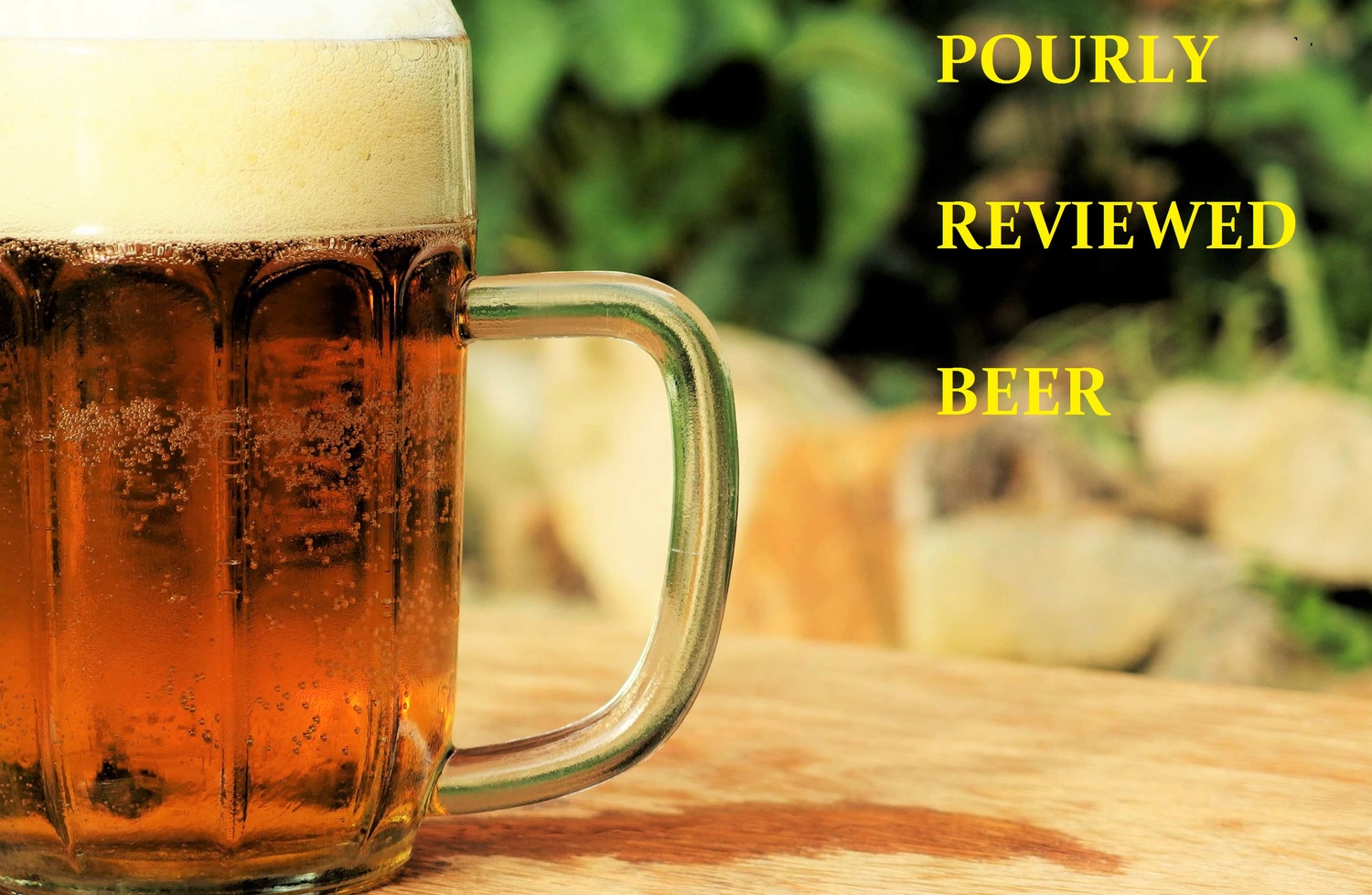Commentary: Pennsylvania Being Dragged into the 21st Century is a Good Thing!
For decades, the liquor laws of Pennsylvania have been an antiquated joke. As the website Porch Drinking mentions in this article, “If you wanted to purchase a case of beer, a 6-pack, and a bottle of wine, you would have to go to three separate stores.” Beer distributors were only allowed to sell cases and kegs, while smaller packages (six- and twelve-packs) were available in bars, restaurants, and certain stores, but one could only buy 192 ounces at a time at non-distributors. This really made buying beer for those house parties back in college a pain in the neck. An additional restriction in Pennsylvania was limiting the purchase of wine and liquor to state-controlled stores.
Now, Pennsylvania had previously entered roughly the year 1997 by loosening some of its liquor laws, and further reforms passed by the state legislature and signed by the governor will finally bring Pennsylvania close to being in line with many other states. The Porch Drinking article linked above has an excellent summary of the newest reforms, as well as a history of the changes of the past few years. (Despite the date of the article, the latest round of reforms just recently took effect.) The biggest point of contention among these new reforms is the allowing of beer distributors to now sell any quantity of beer they wish. This includes six-packs as well as growlers, whose smaller size and presumed optimal freshness have made them a trendy option to novice and veteran craft beer drinkers.
Critics of this final reform claim that allowing distributors to sell six-packs will drive business to these businesses and away from bottle shops, grocery stores, bars, and others. Many in this latter group may be reliant on beer sales to remain open. If this is truly the case for restaurants and grocery stores, this does not feel like a great business plan. Moreover, beer distributors are not found on every corner, and many places that sell beer now will continue to successfully sell beer because of one major factor: convenience. There are still gas stations with their beer caves and smaller or independent bottle shops that continue to thrive, even when the big alcohol chain rolls into the area.
As someone who once had to navigate the formerly Draconian liquor laws of Pennsylvania, I celebrate the newest liquor reforms coming out of the commonwealth. Legislators, as well as many Pennsylvania citizens, have recognized the needed updating of these. There is more than enough of a market for alcohol that most or all current sellers should be able to continue to survive, regardless of size of the business of volumes of alcohol being sold. Any failures should not be blamed on new laws that greatly deserved to be modernized.
